[color-box color=”green”][dropcap]Join[/dropcap] Canadian Expat, Dodie Schadlich, in her weekly column for “Off the Beaten Path”. Discover La Libertad on the south coast of Ecuador in a way rarely seen by expats. [/color-box]
The ‘season’ is just around the corner; no matter what your name for it may be, we all want to give a little more during this time of year.
Considering Ecuador is mainly Catholic, Christmas remains a religious holiday. Whether or not it offends anyone is not the discussion for today. This country does not face the ethical dilemma of political correctness when it comes to Happy Holidays vs Merry Christmas. It is simply Feliz Navidad. This article is not about the local customs or history of the holidays. It is not about typical dinners found on the tables or how this differs from our own traditions.
It is about respect. dignity, humility, and pride.
Exploring Class
There is a clear class division in Ecuador. There are the wealthy, who are very wealthy. You just need to look at the number and quality of malls with full parking lots in Guayaquil to realize this.
There is a growing middle class made up of workers; in social services, government positions, teachers, police, military and on the coast, even workers in the oil refineries and related industries.
And then we find the poor, the very, very poor. They work when, and as they can, and their daily collective focus is on survival; food, clothing, lodging. They are not only the occasional street beggar but also the beach vendors, the corner stand families, the man selling Cola from little cups, the child selling chiclets, the lines of pirated DVD vendors, the guitar man in your restaurant, or the never ending line up of workers at the traffic lights and toll booths selling everything from phone chargers to coconut water.
It is during this season that we like to reach out to our fellow human beings and bring a little cheer and kindness. Many of us express our appreciation and love to our friends and family by buying them gifts; nothing says I love you better than a PlayStation 4S under the tree!
Reaching Out
We also reach out to strangers, charities, the man that works at the gate, the lady that sews our clothes and even to some of the most vulnerable and struggling members of our communities.
I know for certain there are expats in pueblos across Ecuador right this minute, sitting in groups; big and small, wondering how they can spread some cheer to the locals in need during the ‘season’.
Over the past 3 year’s we have been involved with many different community projects, crisis intervention, income earning opportunities, Christmas functions, bed programs, school supplies and uniform sponsorships, even trying to ensure some children receive a cake on their birthday.
Through these programs, we have made some mistakes and I would like to share some of the lessons we have learned. This is certainly not to tell you what you should or should not be doing. It is simply to share in hopes to save you and them some embarrassing situations. To be effective in charity projects by helping to build solid bridges created out of mutual respect, dignity and a desire to make a difference.
Building A Bridge
When we give, we envision the person will be filled with the warmth and happiness that was intended. We want them to feel special. We imagine that they will graciously accept the gift and later, as they lay their head down to sleep, they will feel blessed. Perhaps they will cherish that gift for years with fond memories.
But, what can sometimes happen, is they politely accept the item with a sheepish smile, eyes cast down and as they close the door, an intense feeling of shame envelopes them. This shame can turn to anger and resentment, where the words in their head are anything but grateful and may include; ignorant, arrogant, presumptuous, Pelucón
Pelucón is a word that has many meanings but used informally here in Ecuador to describe the wealthy. There is a connotation to the word that is ugly and somewhat comical to them; where the locals will look at each other and knowingly nod and say it under their breath. I am told it is not just about wealth, it is about attitude and behavior and the perceived dismissive and arrogant treatment towards the poorer working class.
I have sat in a number of bamboo homes to ask forgiveness for my oversights or unintentional faux pas that caused them shame. I have come to realize that apologies from the heart go a long way here.
Understanding what it is that I do not know; being open and willing to challenge my own belief systems became an important part of the process.
Learning Along The Way
To have the flexibility to adjust actions, even if it didn’t fully align with my understanding about life as I have lived it; to preserve the dignity of the family became as much a goal as it was to provide them food. To realize I may not know everything there is to know about them and their wants and needs without asking, rather than presuming I know best. I realized that I needed to be very careful of how I approached each situation. Learning to work beside them, with them, not above them.
I am learning to remove my super-hero cape; so rather than swooping in to ‘save the day’, my goal is to sit beside them and ask them what they need, rather than tell them what they need. To me this demonstrates a respect, it shows a willingness to collaborate and provides them an opportunity to feel part of the solution, not the recipient of charity.
When all the people making the decisions are gringos with little understanding as to the realities of life in these barrios and what lies behind the bamboo walls, it is a recipe for disaster. I have seen these types of plans with great intentions become a fiasco on more than one occasion. Once even causing the government to intervene to put processes in place to minimize repeat demonstrations. The ripples can run far and deep leaving unknown damages in its wake; bad feelings brewing silently. These types of repeated missteps only help to widen and solidify the divide between us and them.
3 years ago my Spanish was very basic, to speak to the locals that live in these communities was challenging, however, I had bilingual friends so I asked for help; using translators, charades, and the point and grunt method. If you cannot speak to them and are intimidated to make contact; it may be another good reason to be extremely cautious of the approach as misunderstandings are inevitable.
Changing The Approach
There is an imbalance of power in any give/take relationship. The receiving person acutely feels that imbalance. When the giver recognizes this simple truth, they can adjust how they approach; to give with quiet understanding rather than overt displays of the grandiose. I find myself saying “this is not from me, this is from your sponsor.” My role then becomes the delivery system and I collect the hugs. I would rather they not associate me as the source of ‘stuff’, but instead as an advocate, an organizer, a bridge between two cultures.
Understanding who you are giving to always improves the experience for both parties. When you know someone personally, you understand their likes and dislikes,wants vs needs.
What you think they want or need may not necessarily match the realities of their lives.
We need to understand that they don’t tell each other the story of ‘Twas the night before Christmas’, They do not hang their stockings by the fire place, and in fact ,are not aware of the significance to stockings; that is our tradition, not theirs. Some are lucky enough to have something that resembles a Christmas tree set up, typically without lights and certainly without gifts.
[color-box color=”gray”]Please keep these simple things in mind when giving;
- A truck to a child that is hungry and regularly misses meals.
- A soccer ball to someone wearing shoes 2 sizes too small.
- A microwave to a household that has only 2 plugs and no counters.
- A bottle of wine to a family without a corkscrew; and, in fact, only 4 spoons in the house to eat and cook with.
- A gift that requires batteries. Some of these homes have only one light bulb that they move from room to room; they simply cannot afford to replace batteries if they cannot afford to have a bulb in each socket.
[/color-box]
Understanding Your Impact
How we present these gifts is equally important. Will they feel put on display? Will it create longing between family members, neighbors, and friends?
Did you know that when the gringos make appearances to a specific home in these neighborhoods, it can lead to them receiving repeated requests for help? They become the focus of the barrio because they have gringo friends or employers. People will come to them with their hand out asking for help, begging them to go ask their gringo friends.
This is why I strongly believe we should never just show up unannounced at their door like Ed McMahon of the Publisher’s Clearing House Sweep Stakes. They need to be given an opportunity to decide if they want to be known as the family with the gringos’. They know their neighborhood and are the best people to judge the community reaction. It does not mean you cannot help them, it means together you decide how; even if that means only Ecuadorians make the delivery.
If I can summarize the most important thing I have learned to-date; it would be, don’t rush in loudly like a bull in a china shop. Understand the impact of what you are doing, more and bigger is not always better.
I want to thank Jean, for sharing her story about life in the mountains of Tennessee; it helped me to understand what I am dealing with and to strive to find better ways and ask better questions.
I want to thank James, for challenging my beliefs; for me to realize that emotional reaction is not always the answer but also the use of logic and strategic long-term planning for longer term results.
Lastly, I am blessed to have Pastora Gloria as a friend. She does not speak English. She and I come from very different worlds but together we look in one direction. She is my moral compass in terms of how to approach and when to approach.
I remember her words:
You may not agree with our ways, but you need to respect them.










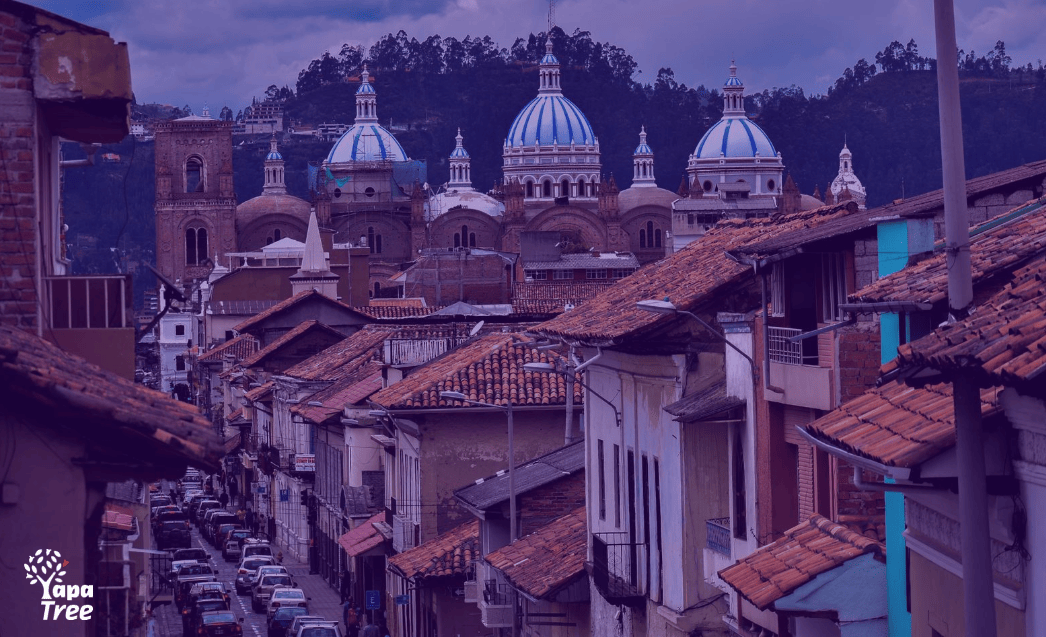
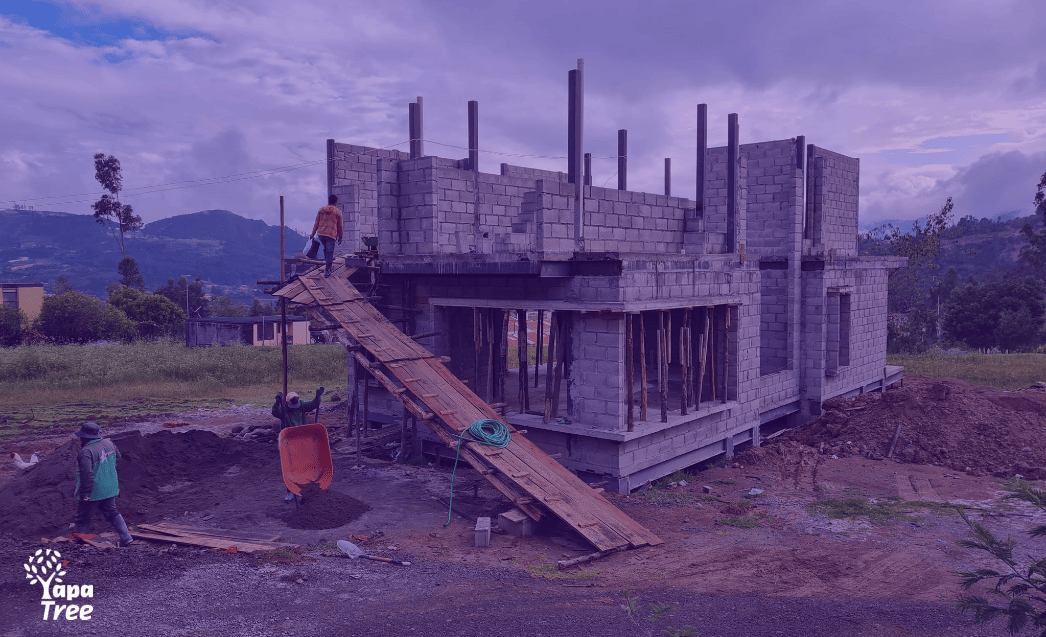

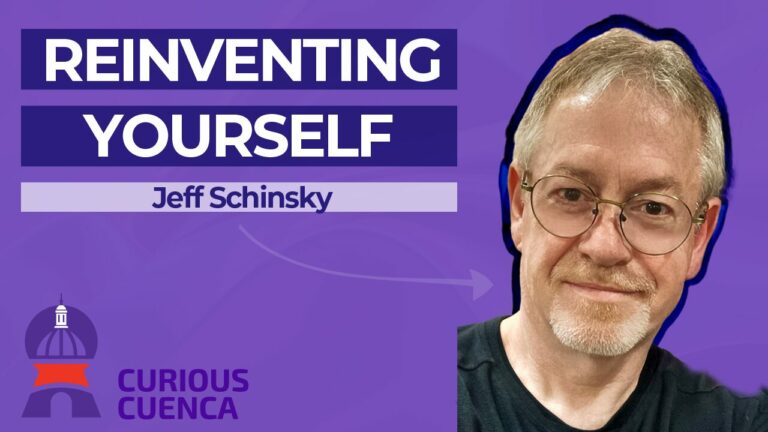
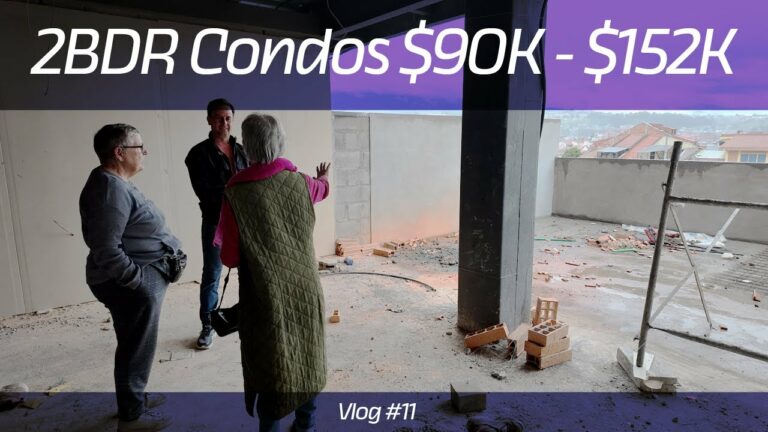
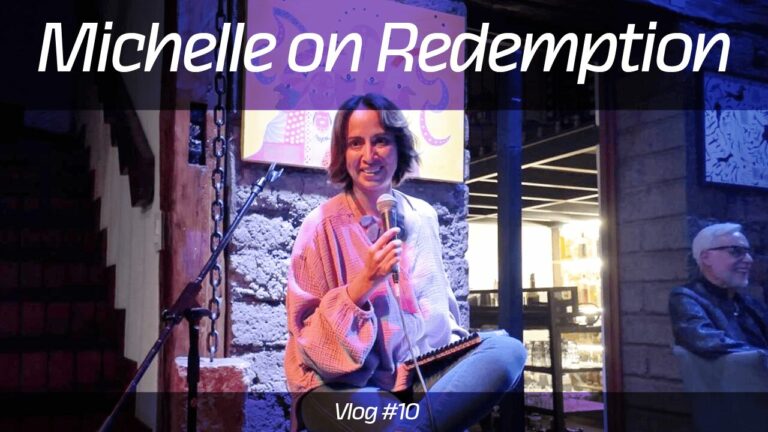

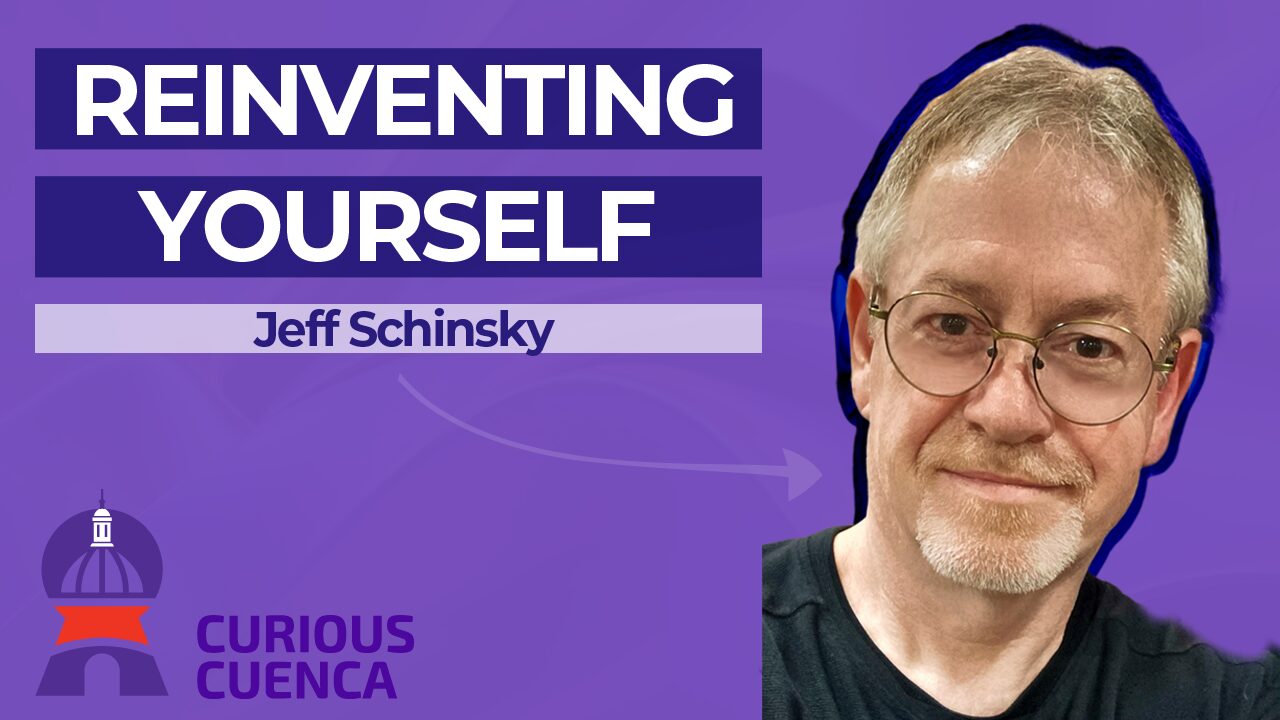
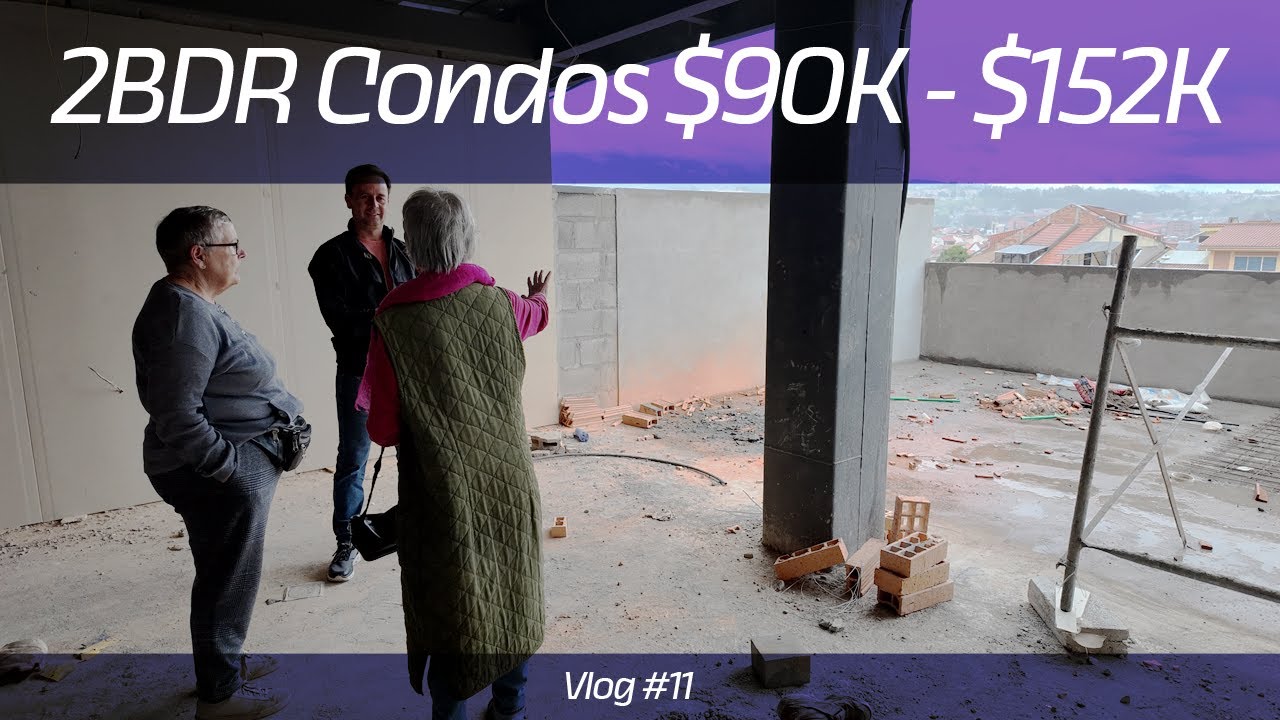
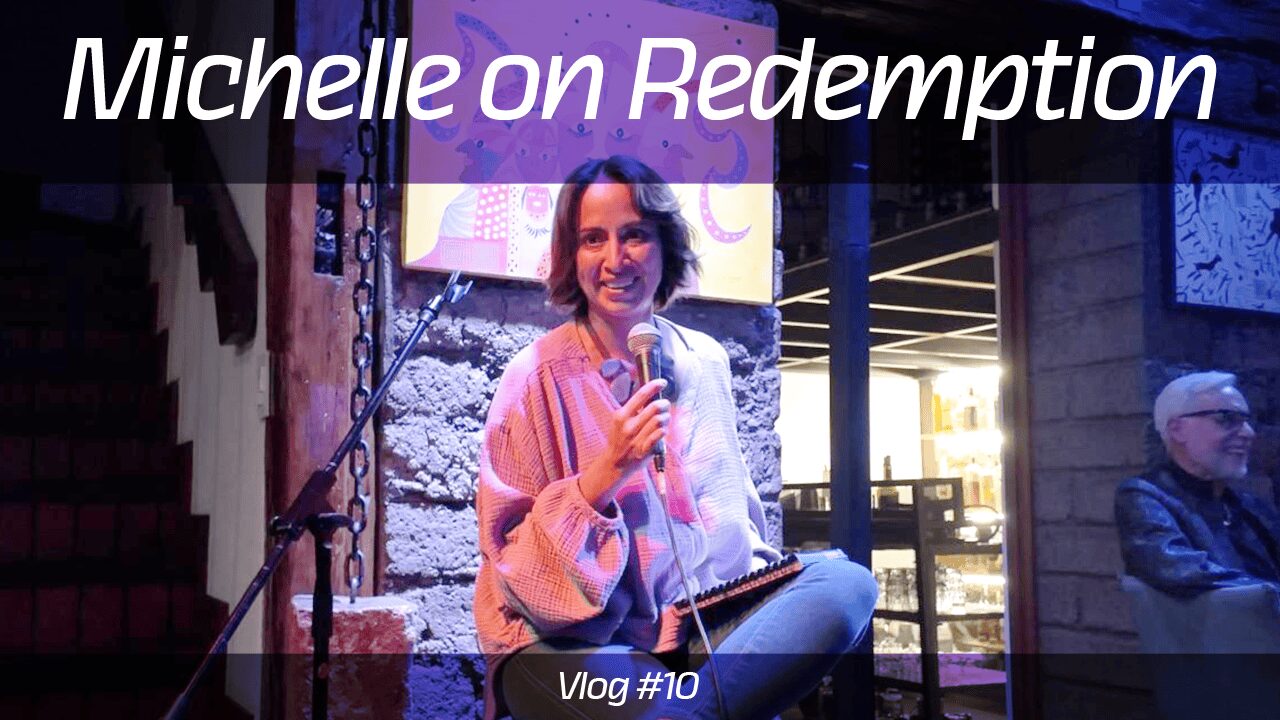
15 Responses
Thank you for a very enlightening article, Dodie. I was intrigued by the dynamic financial class differences even among the Ecuadorians themselves. Your thoughts on taking careful consideration before “swooping in” with assistance helped me to more thoroughly appreciate the challenges.
We are fortunate here in Canada to have ever-increasing programs to help the less fortunate. Not just with financial needs, but also assisting with medical assistance in a more physical sense. As well, there is a huge movement taking place here to help those with mental health challenges. It still will take more time for these programs to fully evolve.
I am considering at least visiting Ecuador, most likely staying in Cuenca for my initial visit. My first challenge is to learn some Spanish. Being a fellow Canadian, you would know how frustrating it can eventually become when someone coming to live in our country doesn’t at least attempt to learn the language. And so, out of respect, I feel this is something I must do first.
You are so very right Larry, we are blessed to be Canadian. The amount of safety nets our country offers helps to ease some of the suffering. There are degrees and levels of poverty, someone on social assistance ‘back home’ is not the same as what we see here. You cannot even begin to compare it; Apples to trucks. I am so glad to hear you want to learn Spanish! Not only does it show respect; you will get so much more out of your stay. When you can connect with the locals and share in their celebrations, it changes the experience for you. Enjoy your stay and if you ever want to come out to the coast; let me know!
One of the best articles I have seen here. It is all too easy to think that we have all the answers, that our way is the only way and that what we want/like/need is what others want/like/need. Thanks for the warm and thoughtful counsel.
you are very welcome!
Wow, i am not living there yet, but hope to soon. You really hit me he nail on the head with this perspective. Ive always maintained even though the old saying: its better to give than receive, it is so much harder to receive. If we do get to move to Ecuador soon I would be privileged to meet you.
Thanks Jeff; I hope your future does include Ecuador! Send me a note if you ever end up on the coast.
This is such a great article. Even as a professional social worker with decades of experience, as I read this, it made me think back to the faux pas times I have had myself.
We are only part-time in Cuenca with our full-time ex-pat living in Hungary, but this article applies universally.
Excellent article. I really enjoyed your insight.
Overall, it was a very good article, making the reader understand that even in giving there are feelings and perceptions involved, so that the recipients do not end up feeling ashamed. Good point. However, without giving a single example, the article failed to make us understand more how to be charitable without offending. For example, how could an act of kindness turn into a “fiasco”, a “disaster”, even cause a government representative’s intervention? What scenario was it? Americans give sincerely, with an intention to make the person feel happy and blessed- so, what kind of a fiasco this could possibly turn to? All these in between innuendos were abundant, but at the end made a reader feel like even in sincere giving, they need to have a liason or simply pretend that the gifts are coming from somebody else. A little confusing and not too enlightening.
Hi Marian,
Thanks for your input and sorry if you feel confused. This article was not meant to be a step by step instructions on how to give charitably but was meant to provide a reason for people to give pause before throwing money around. If I were to explain the exact details of the fiasco and or potential disasters it would be its own article and that may also embarrass people which I have no intention of doing. Only you can decide what your level of knowledge is with the cultural differences by honestly reflecting on your level of knowledge; if you don’t speak the language, if you have never been in these neighborhoods, if you have never sat and had conversation with a family that lives in these homes; there is a good chance that you should use a liason or a translator to help guide you. Join a foundation already underway perhaps. As I said in the article, I am not telling anyone what should or should not be doing. I shared the lessons I am learning along the way. One needs to do their own self-reflection on this issue. have some preconceived ideas on how things should be done, question them first to yourself and secondly to speak directly to the people. It is trial and error. There is no manual on this.
Your article is spot on and hopefully will be read by the many expats living either full or part-time in Ecuador. When it comes to wanting to help, instead of helping the way you think is right, find out directly from the recipient how best to help them. I have always been of the philosophy that to give a man a fish he will eat for the day but to teach him to fish he will eat for a lifetime. Helping someone in need can come in many forms and at some point in life everyone needs a helping hand up.
Wow, a very enlightening article indeed. As I understand it , human beings all have the same feelings, and a need to feel respected is paramount regardless of their financial situation. Then there’s the intricacies of culture and tradition which are basic to them but of which we are often times ignorant of. Thanks for sharing this very well written article.
Great article, Dodie. A second article explaining some of the very real faux pas the expat has inadvertently committed is a great idea and would clarify for Marian as well as all of us how we can better organize ourselves to help in a respectful way.
In all of my decades of helping others, the best lesson I learned was to never assume you know what people need. Always ask them.
A few examples of mistakes I’ve seen in my years living and working in Los Angeles, China, Viet Nam and Ecuador include:
– giving kids toys that require batteries (as you mentioned) or players (CDs, DVDs, tapes & records in the old days)
– gifts of expensive candy, alcohol, rich foods, etc. when flour, sugar, and other basics would have been of greater value
– not being consistent over the years: don’t throw a huge party one year and nothing the next as people (especially kids) start expecting it
– just dropping off stuff (doesn’t matter what) without advance notice, without asking what they need, and without causing the family embarrassment
There are tons more examples but I hope this helps illustrate Dodie’s article and my shared belief that the most important thing you can do when helping someone else is to ask: “What do you need?”
This is a beautifully written, thoughtful post- thank you! This is the type of ex-pat that I want to aspire to be when I move to Ecuador. Open, willing to learn and check my own assumptions and beliefs, and remember that I am new to their country. Thank you for giving me some things to think about!
Thank you for this thoughtful article.